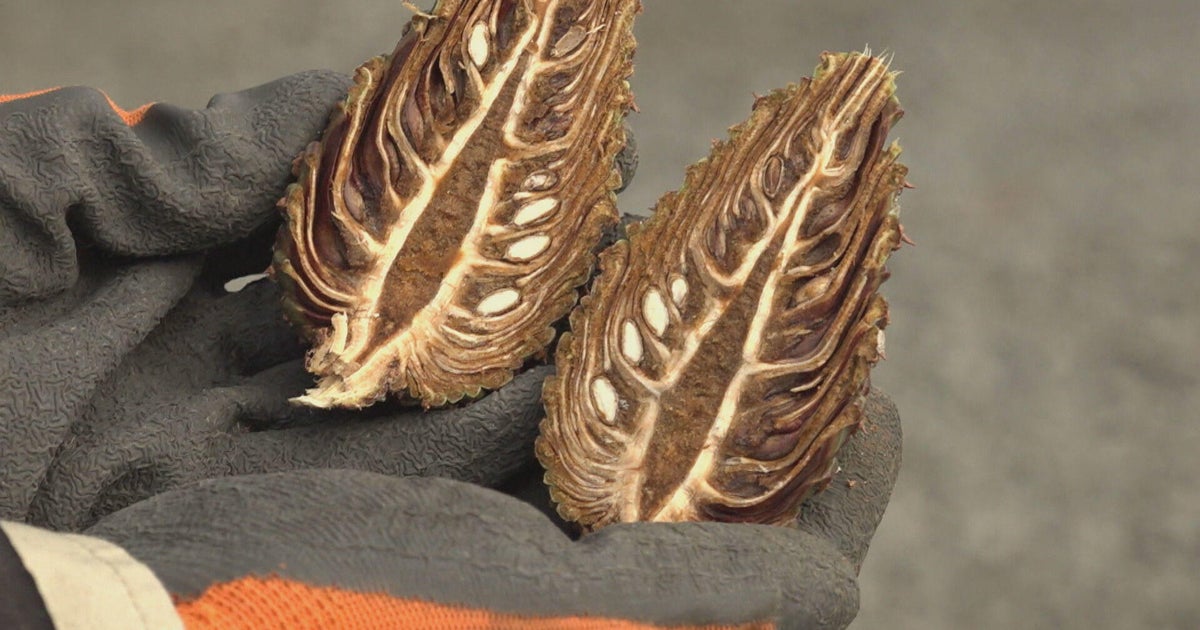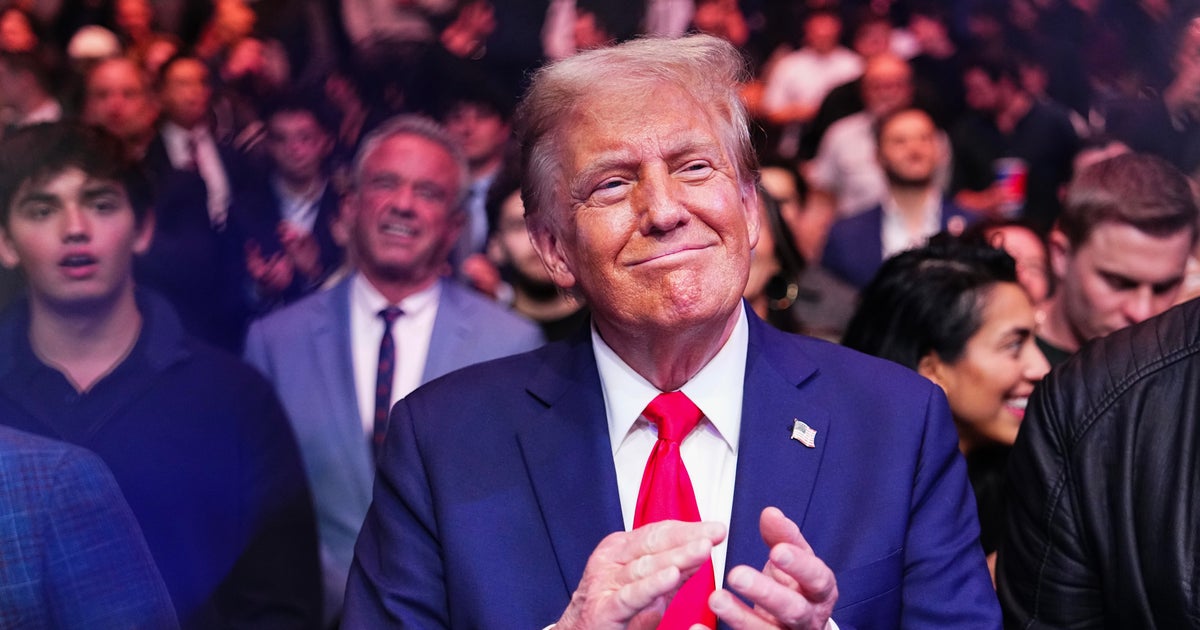Trade war with China and climate change on Iowa farmers' minds ahead of caucus season
In the fields of Greene County, Iowa, farming is the Bardole family business. They've been working the land for generations with pride and precision.
But it doesn't take much to cut into profits. "We've lost money the last two years," Tim Bardole said.
This year, the perfect storm of bad weather and political tension is hitting the heartland. Concerns over ethanol policy is threatening demand for corn, the state's top agricultural product.
The debate over renewable fuels is also adding to lingering pain from the trade war with China, the world's largest consumer of soybeans. Bardole, the president of the Iowa Soybean Association, estimated prices were down around 20%.
"The soybean association spent 40 years building the market in China, and these last couple of years have definitely damaged the market," said Bardole, a fifth-generation farmer from Rippey who voted for President Trump in 2016. Bardole said he supports getting tough on trade issues, but patience is wearing thin.
"A year ago, I said, you know, farmers had the black eye and we need to finish it," he said. "Now, you know, we may have a broken leg and a broken arm through this whole thing, so at this point if it goes back to status quo, all the pain that agriculture's been through is, you know, for nothing."
Iowa Secretary of Agriculture Mike Naig, a Republican, said farmers were a significant part of delivering Mr. Trump a win in Iowa in 2016, and he believes they will factor into the president's success in 2020. "Farmers are like anybody else," Naig said. "They're going to vote on a variety of issues, and they're going to vote on the issues that impact their families and businesses."
Naig lists trade and the business and regulatory environment as issues on farmers' minds. Meanwhile, in Chickasaw County, fourth-generation farmer Tom Frantzen's top issue is climate change and environmental policy.
"We have to deal with climate change, it is an enormous issue," Frantzen said. "If we don't deal with it now, we should have dealt with it 20, 30 years ago, and it's going to be far more difficult."
Frantzen, who raises organic livestock and grows their feed, is a Democrat and still undecided ahead of caucus season. When asked if the Democratic Party is doing enough to tap into the concerns of farmers, Frantzen said farmers are almost "irrelevant when it come down to it numbers-wise, but then again the issue of how agriculture affects everybody else in Iowa, it has a huge influence."
Top-tier Democratic hopefuls have released plans to invest in rural America, a traditionally conservative voting bloc who helped carry Mr. Trump in 2016. "People that supported the president, I would think most of them are probably leaning the same way right now, unless somebody would step into the race and would be more moderate," Bardole said.
While not all Iowa farmers are on the same side of the political fence, they have a similar message for the candidates. "The best thing they can do is get their boots out in the country and visit with people and see where people are coming from and see the problems that they're facing," Franzten said.
The Iowa Farmers Union is hosting a presidential forum during its annual state convention in December.



